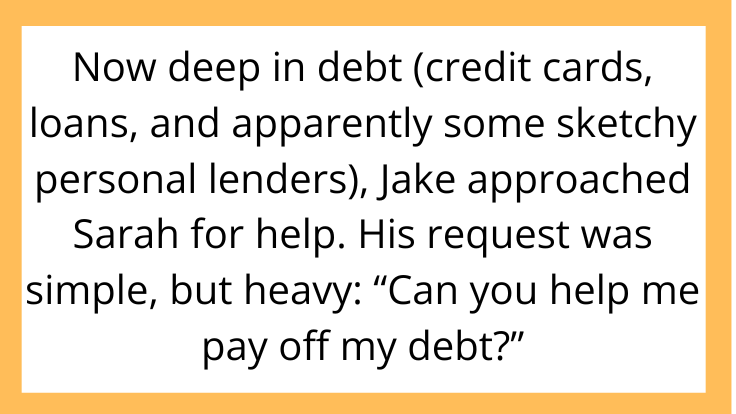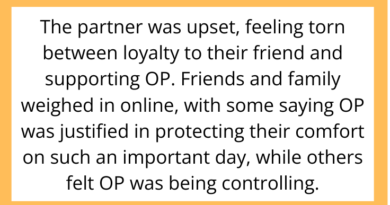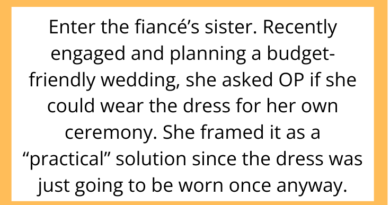AITAH for Refusing to Help My Brother Pay Off His Debt After He Gambled Away His Inheritance?
Family and finances rarely mix well—and when gambling enters the picture, things can go from complicated to explosive. Today’s AITAH story takes us inside a painful sibling conflict that asks a difficult question: Are you obligated to clean up someone else’s mess, just because they’re family?
Let’s dive in.
The Background: Two Siblings, Two Different Paths

The original poster (we’ll call her Sarah) shared her story on Reddit’s r/AITAH. She’s a 28-year-old woman who lost both parents three years ago. Her younger brother, Jake, is 25. When their parents passed, they each received an inheritance—about $50,000 apiece.
Sarah used her share wisely. She paid off student loans, put a down payment on a small condo, and set aside an emergency fund. Jake? Not so much.
Within 18 months, Jake’s inheritance was gone—lost to gambling.
The Ask: Bail Me Out, Big Sis
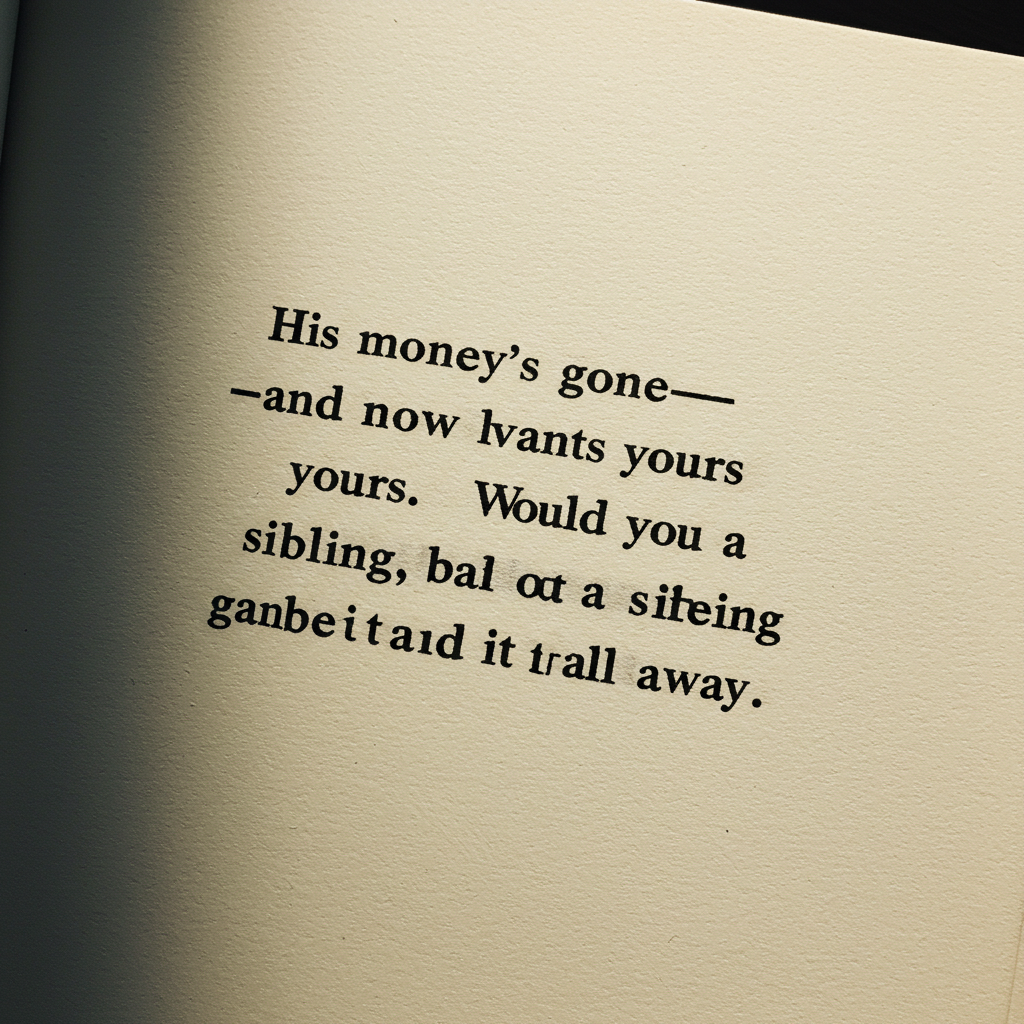
Now deep in debt (credit cards, loans, and apparently some sketchy personal lenders), Jake approached Sarah for help. His request was simple, but heavy: “Can you help me pay off my debt?”
He promised he’d learned his lesson. He said he was going to therapy, attending support groups, and was committed to turning things around.
Sarah hesitated. She felt for her brother—but she also felt like bailing him out would only reward reckless behavior. She told him no.
Jake didn’t take it well.
The Fallout: Guilt Trips and Family Pressure
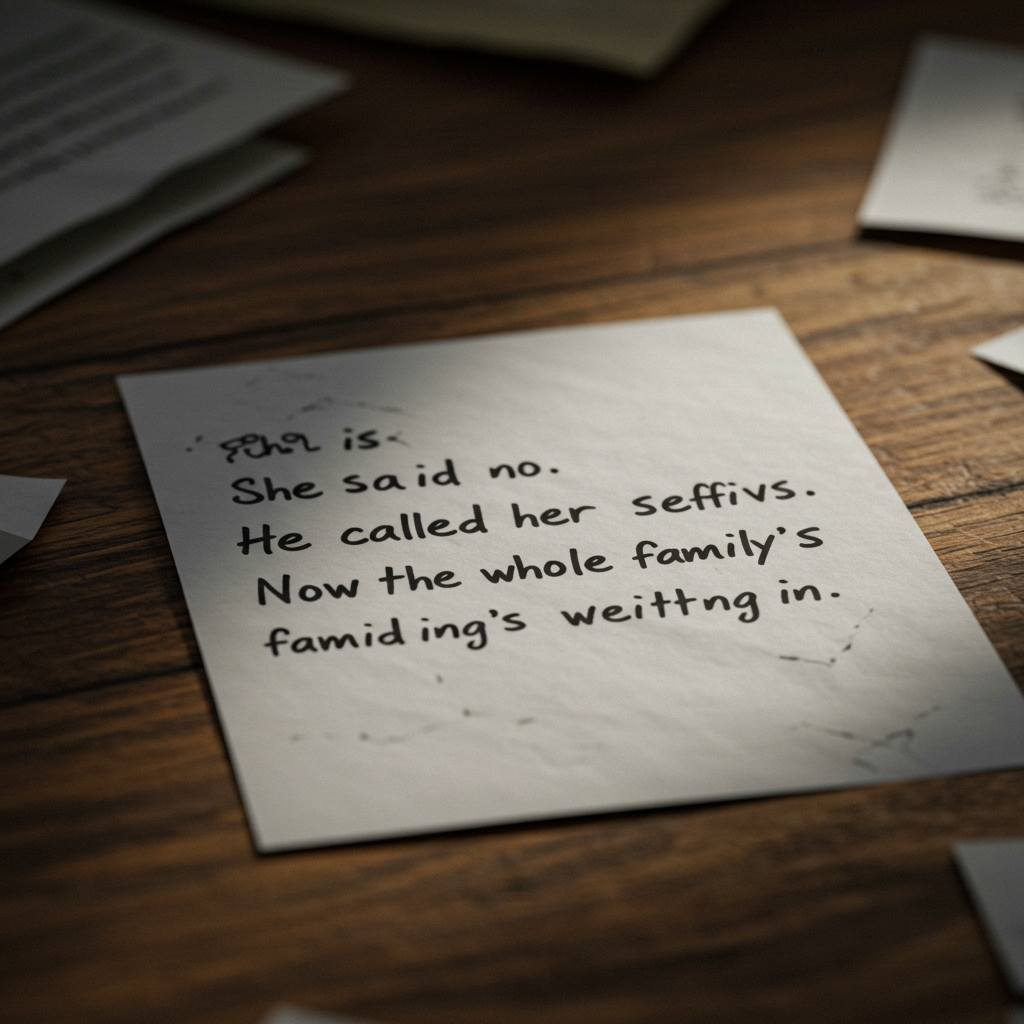
Jake accused Sarah of abandoning him. He said that since she “had money” and he didn’t, it was cruel not to help. To make matters worse, a few extended family members sided with Jake, calling Sarah “cold” and “selfish.”
Sarah stood firm—but turned to Reddit to ask: AITAH for refusing to help my brother pay off his debts after he gambled away his inheritance?
Perspectives: Family Loyalty vs. Personal Boundaries

Why Sarah Might Be in the Right
Sarah made responsible financial choices. She didn’t waste her inheritance. She doesn’t owe Jake anything—especially when the money he lost was the same amount she received. Helping him now could encourage repeat behavior.
Addiction recovery experts often stress that enabling behavior—like paying off debts—can do more harm than good. Sometimes, the best support is not financial.
Why Some Think Sarah Is in the Wrong
To some people, family means unconditional support. Even when someone messes up. If Jake truly is getting help and trying to change, a one-time gesture might make a real difference.
From this view, Sarah’s refusal may feel like moral superiority, or a lack of empathy in a moment of crisis.
Reddit’s Verdict: Mostly NTA (Not the A**hole)

Most users agreed that Sarah was not the villain.
Top comments highlighted:
-
Equal inheritance = equal opportunity.
-
Jake is an adult who made bad choices.
-
Sarah isn’t responsible for saving him—especially if it hurts her financially or emotionally.
One user wrote: “NTA. It’s not selfish to protect yourself from someone else’s self-destruction. Help in other ways, not financially.”
That said, some did encourage her to stay emotionally supportive and to consider helping in non-monetary ways—like helping him find a financial counselor or addiction support.
Lessons Learned: Boundaries Are Not Betrayal
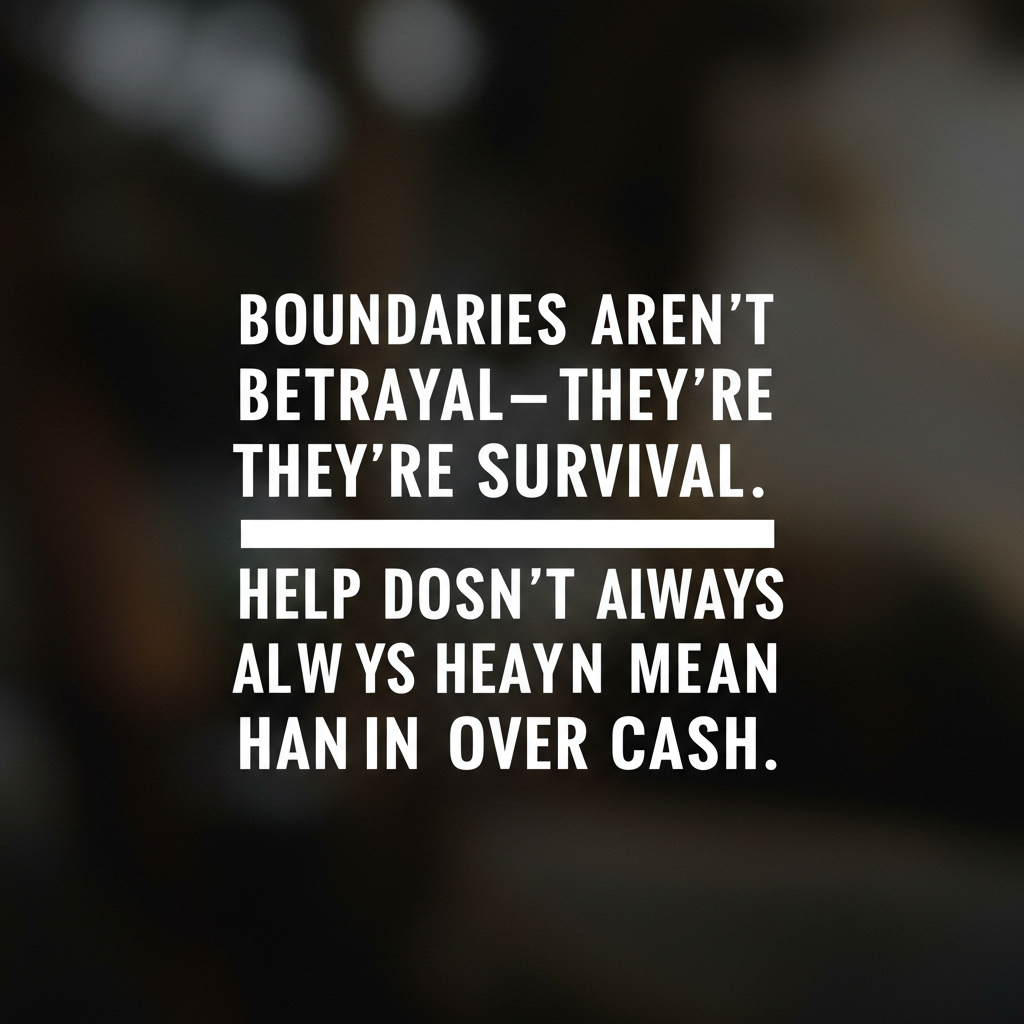
This story touches on something many people struggle with: Where do you draw the line between helping and enabling?
Sarah’s situation shows that it’s okay to say no—even to people you love. Setting financial boundaries doesn’t make you heartless. It means you’ve learned how to protect your own future.
Jake may be hurting, but real growth often comes when we face the consequences of our actions—not when someone rescues us from them.
How You Can Support Without Paying the Price
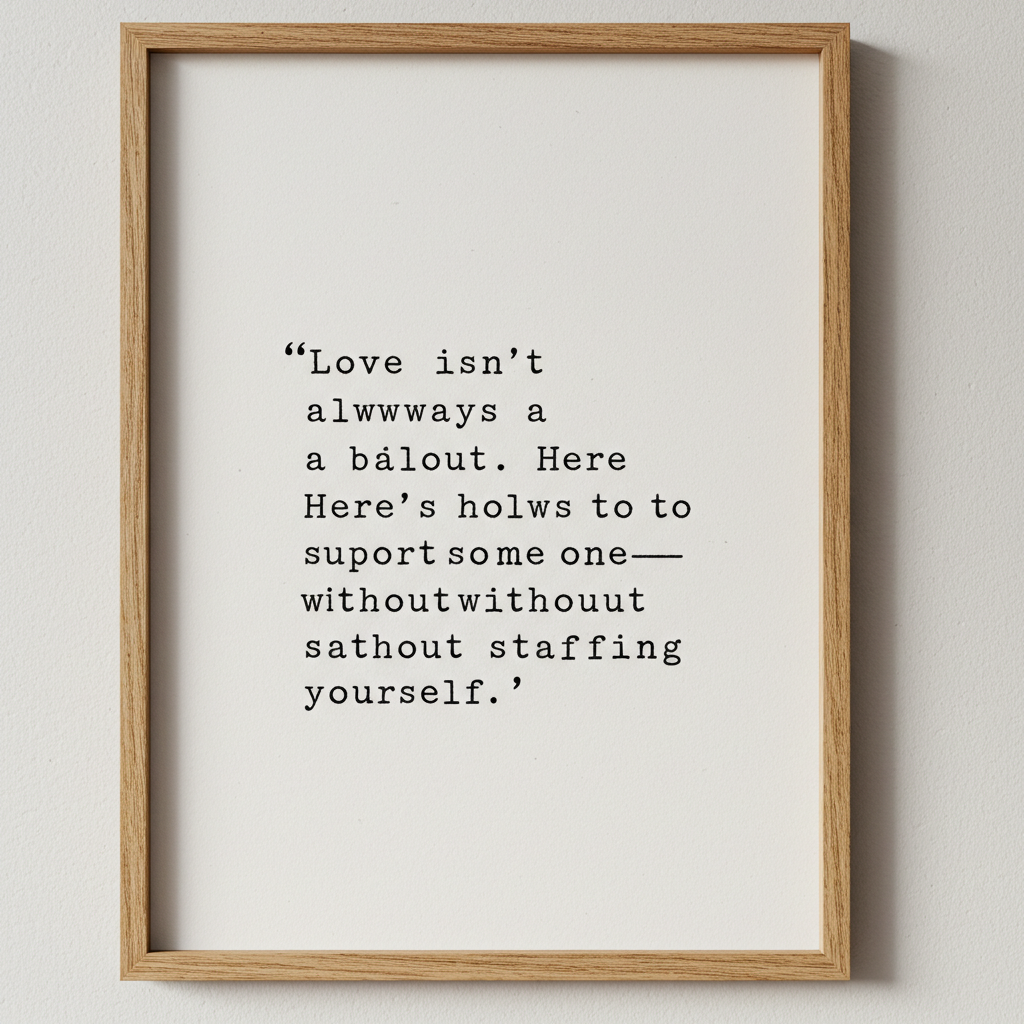
If you’re in a similar position, here are a few ways to support a loved one without enabling bad habits:
-
Offer emotional support: Be there to listen, not to fix.
-
Recommend resources: Therapists, financial advisors, or support groups.
-
Set clear boundaries: Decide what you are—and aren’t—willing to do.
